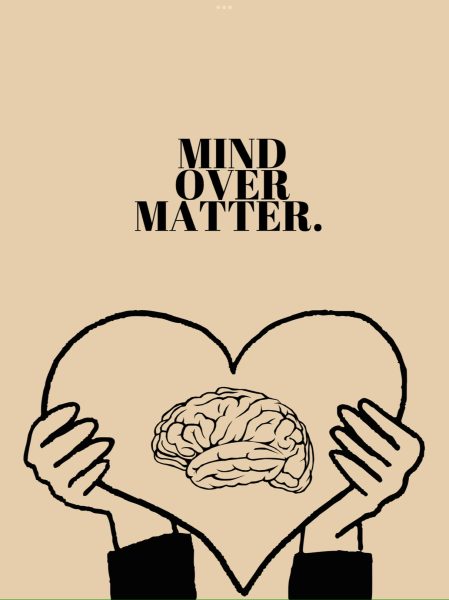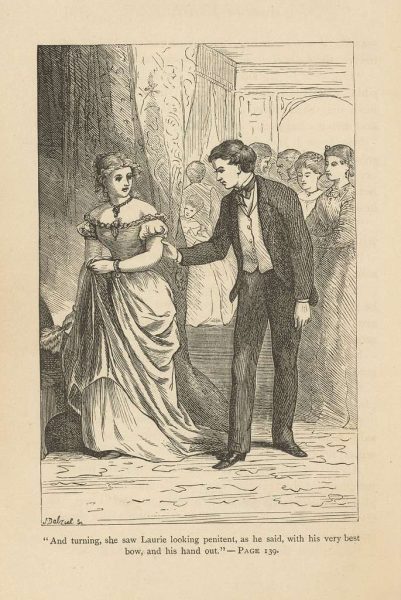When are we going to stop re-traumatizing victim’s families?
The new Dahmer show is a prime example of this.
these stories are so much more than TV shows—real people are affected by such projects. “It brought back all the emotions I was feeling back then”.
The demand for true crime media is at an all-time high. From countless true crime documentaries flooding streaming services to comedies like Only Murders in the Building on Hulu, which meticulously criticizes the cultural obsession over violent crimes. I myself, am a huge proponent of true crime which is why I find this conversation and controversy over Dahmer – Monster: The Jeffrey Dahmer Story important to share.
The new Jeffrey Dahmer Show recently dropped on Netflix and in its first week, Dahmer beat the record set by Squid Game for the most-watched new Netflix series, but let’s just say there are mixed reviews. If you don’t know about Jeffrey Dahmer, congratulations you are either super young or living under a rock. Jeffrey Dahmer started killing young men 3 weeks after his highschool graduation. Dahmer reportedly killed 17 men between 1978 and 1991. The identities of the 17 boys and men Dahmer killed have frequently been lost in retellings of the crimes — lumped together as a summary of names, ages and last known sightings.
Many people have questioned the need to revisit the story of a serial killer whose victim pool was young men who were primarily Black and brown, specifically the way in which systemic racism allowed Dahmer to continue killing men. While I think it could’ve been possible for Netflix to call out all the ways in which the criminal justice system failed Dahmer’s victims, that unfortunately was not the main focus of the show as it was mostly about Dahmer himself and why he did the things he did.
Don’t get me wrong, those kinds of things fascinate me but in 2022, after we’ve seen so many adaptations of Dahmer and his cruel acts, I don’t think that approach is what was needed. It’s been done before.
The series also came under fire after Netflix tagged the show as “LGBTQ” content. I can’t necessarily say I’m ‘offended’ that they put that tag because Dahmer was Queer, but as a Bisexual person, I feel its almost bringing back the negative attention and connotations to the community. When I look for tags under netflix for LGBTQ+ content, I don’t want to see Dahmer who brutally murdered queer men pop up as the first recommendation on my screen.
The icing on this homicidal cake is that some family members of the victims of Dahmer have spoken out against this specific Netflix series, saying it has retraumatized them. Lest we forget, Dahmer was a serial killer, necrophile, pedophile, a cannibal, and really just any terrible thing you can think of. What might be entertaining for viewers is traumatizing for the families of those affected by the crimes being reenacted on screen, especially when that reenactment focuses on Dahmer and not the victims that suffered.
A way Netflix could have improved the way they portrayed the victims specifically was including the stories of the victims, more than just the way they died. They excluded a powerful statement from the uncle of one of Dahmer’s victims, Ernest Miller.
This alone could’ve added much more depth and humanization that the victims haven’t gotten before exclaiming, “Despite the fact that you had the knives, the saws, the vat, the acid, the drills and possibly a gun, when he was in a semi-conscious state of mind, you didn’t give him a chance to fight for his life. You took his life like a thief in the night. Rather than facing him and letting him fight for the things he [held] most dear, you took the coward’s way out.”
“Did you ever stop to think that this is someone’s son? Did you ever stop to think that this was… Someone’s brother, nephew, uncle, cousin, grandson or just someone’s friend that’s missing him dearly?”
One main thing I think was probably the worst about this show was the way Netflix went behind victims’ families’ backs and retold their VERY REAL story into something dramaticized for entertainment.
Rita Isbell, the sister to Errol Lindsey who was one of Dahmer’s victims, gave an emotionally-charged victim impact statement at Dahmer’s 1992 sentencing. She watched part of the show and to simply put it, she was “bothered.” Her statement was recreated to add dramatic effect to the show.
She wrote, “I was never contacted about the show. I feel like Netflix should’ve asked if we mind or how we felt about making it. They didn’t ask me anything. They just did it.” Isbell added, “But I’m not money hungry, and that’s what this show is about, Netflix trying to get paid.”
Isbell’s words are a reminder that these stories are so much more than TV shows—real people are affected by such projects. “It brought back all the emotions I was feeling back then,” she said. Just because something is legal doesn’t make it right. Sure, Netflix didn’t legally have to ask permission as it is public record but every single time a project like this drops, the families of these victims are harassed with calls and messages. They never get to “move on” from tragedy. It’s cruel.
Wikipedia lists 20 Jeffrey Dahmer projects that have been released since 1992. This is almost double the amount from the Harry Potter Franchise. We’re reaching Marvel level coverage of just one sick and twisted serial killer.
This begs the question, where do we draw the line between education, truth, and entertainment? On one hand, by making these shows and movies it sometimes shines a spotlight on stories that evaluate whether someone has been wrongfully convicted (documentaries like I Am A Killer and Making a Murderer) and from a human perspective, it’s understandable that humans have curious minds; we want to understand what happened.
On the other hand though, the portrayals are often exploitative and unwarranted, and they’re typically directed towards an often sensationalist narrative which manipulates the public opinion into sympathizing with downright evil people. Do you think Jeffrey Dahmer deserves to be sympathized with?
Now, Monster has been renewed for two more installments and will now become an anthology series that follows other notorious figures who left their mark on society. Let’s hope for the next season, Netflix will take the public criticism and do better at amplifying the stories of victims rather than cruel people who killed them.











